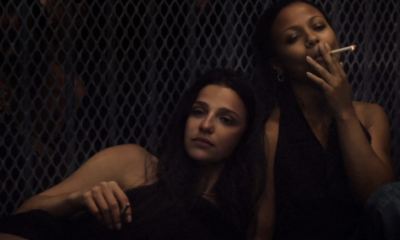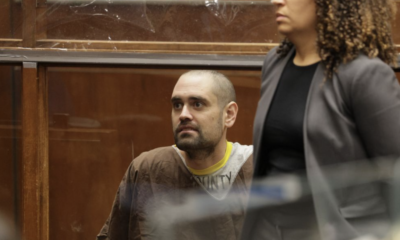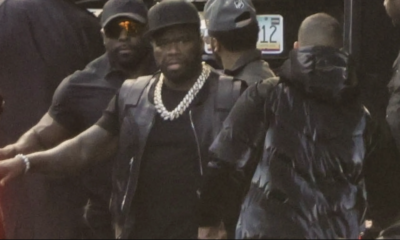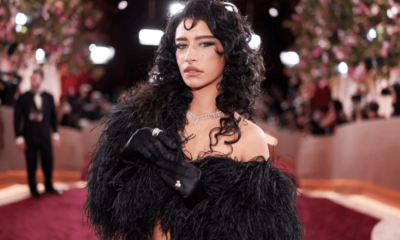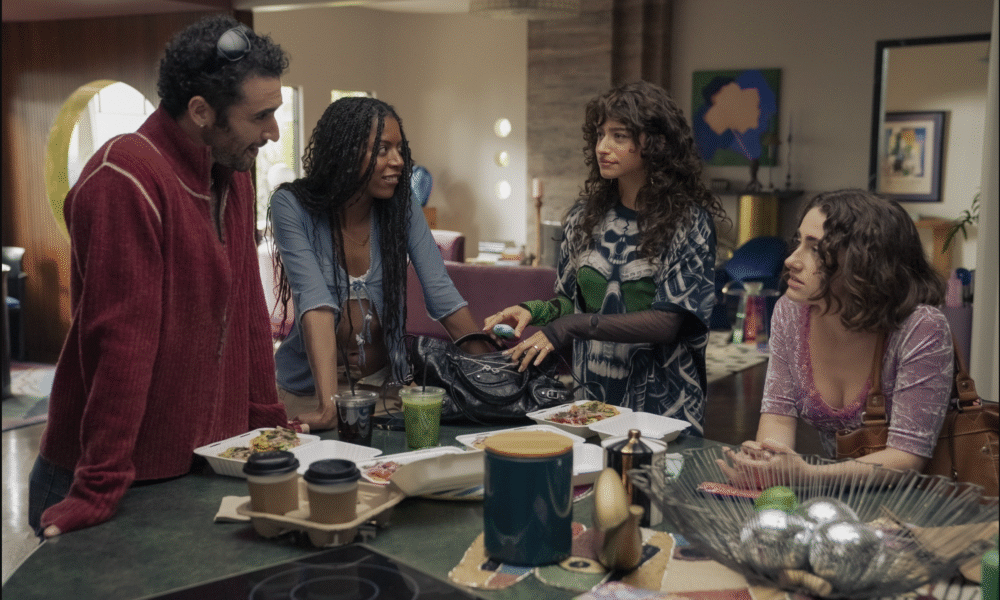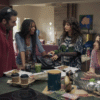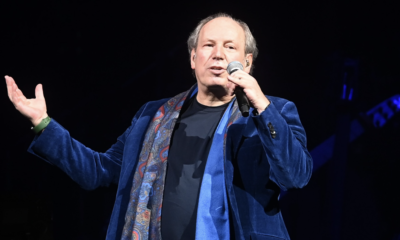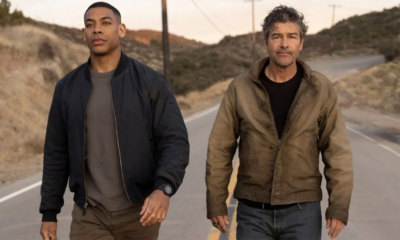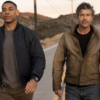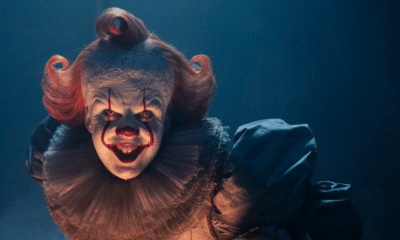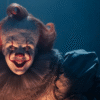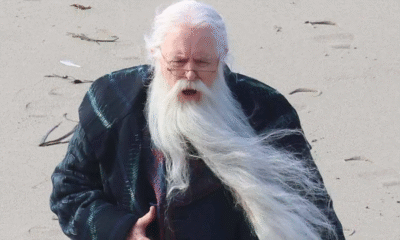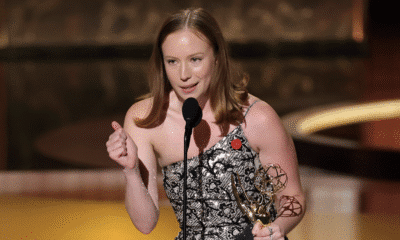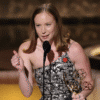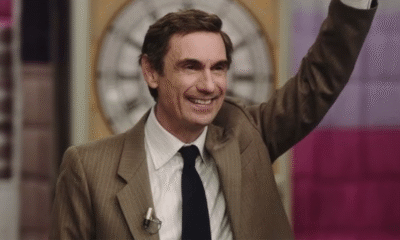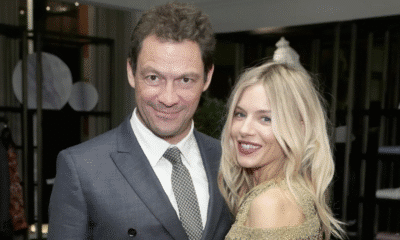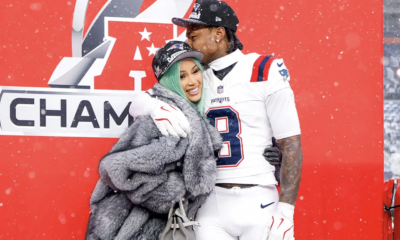HBO
Rachel Sennott’s I Love LA Becomes Gen Z’s Defining Hangout Show
For decades, each generation has claimed its own era-defining hangout sitcom — from Cheers and Friends to How I Met Your Mother. But Gen Z’s search for an authentic cultural mirror felt unfinished. That changed with the arrival of HBO’s I Love LA, a chaotic, razor-sharp comedy created by Rachel Sennott. The 30-year-old writer, comedian, and actress has crafted a series that captures the messy, anxious, drug-dusted ecosystem of young Los Angeles creatives trying and failing to figure out adulthood in a post-pandemic world.
A Brutally Honest Look at Gen Z Adulthood
Rachel Sennott, who broke out with the cult hit Shiva Baby and later co-wrote and starred in the outrageous teen comedy Bottoms, brings her signature blend of empathy and absurdity to I Love LA. The show follows four late-twentysomethings stumbling through careers, relationships, vapid parties, and spiritual confusion. With characters speaking in astrology, doing ketamine, and spiraling via Instagram, the series feels like scrolling through Gen Z’s collective consciousness — raw, cringe, and weirdly comforting.
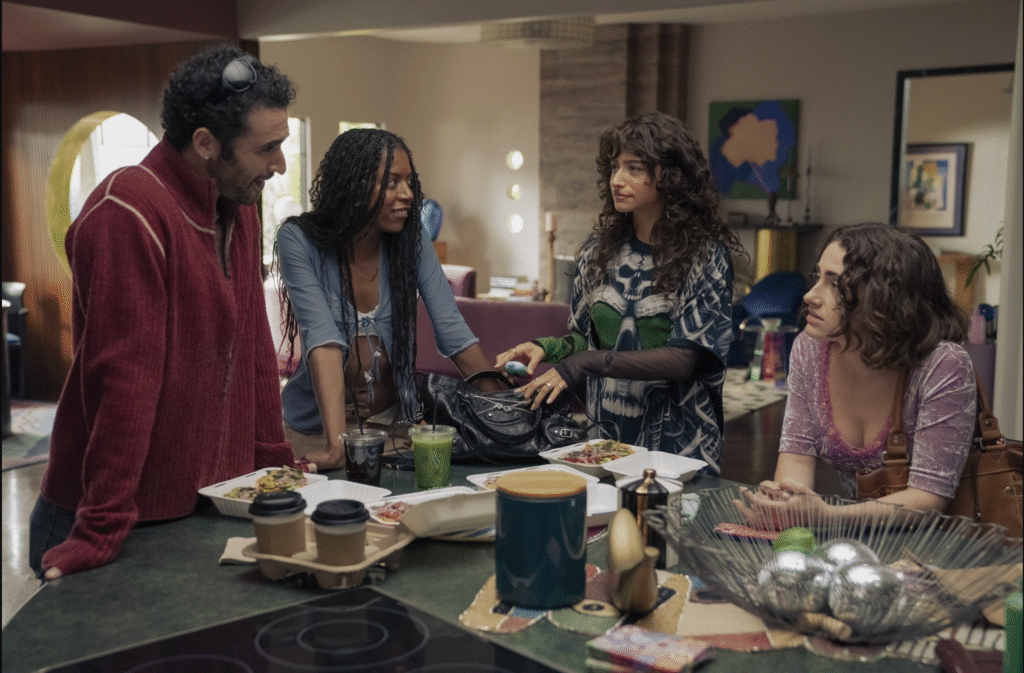
HBO’s ‘I Love LA’
Sennott has emphasized that beneath the satire lies real generational trauma. Coming of age during the pandemic, a disastrous job market, and a politically polarized America left many young adults feeling permanently behind. “It’s just hard,” she noted, explaining that expectations set by previous generations are no longer attainable. That emotional weight — masked by humor — is the show’s beating heart.
View this post on Instagram
A Cast That Captures “Right Now”
A key reason for the show’s authenticity is Sennott’s carefully curated ensemble. Odessa A’zion shines as Tallulah, an influencer in freefall whose narcissism can’t fully hide her vulnerability. Jordan Firstman brings equal parts vanity and insecurity to Charlie, a stylist trapped in L.A.’s image economy. True Whitaker plays Alani, a professional nepo baby whose clueless job security becomes a biting joke about modern privilege. And Josh Hutcherson, the most relatable of the bunch, anchors the chaos as Dylan, Maia’s earnest schoolteacher boyfriend.
Their chemistry — chaotic, warm, and painfully relatable — makes the characters feel like actual friends rather than sitcom archetypes. They’re flawed, frantic, and self-aware, mirroring a generation raised online yet desperate for offline meaning.
The Backlash Proves Its Importance
Much like Girls before it, I Love LA has sparked polarized online discourse. Some viewers find the characters vapid or grating, while others accuse the show of misrepresenting L.A.’s diverse experiences. But that’s exactly the point: Sennott never intended to portray every version of the city. Instead, she delivers a hyper-specific story about a particular, deeply confused slice of Gen Z.
And that specificity is what makes I Love LA universal.



